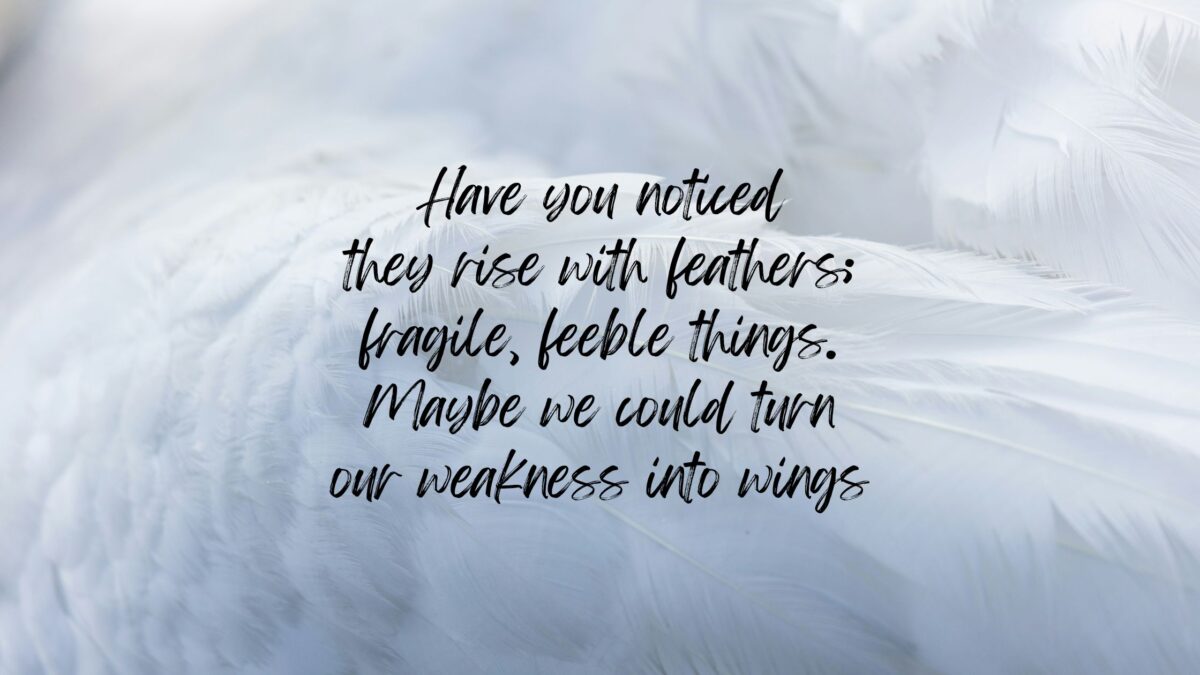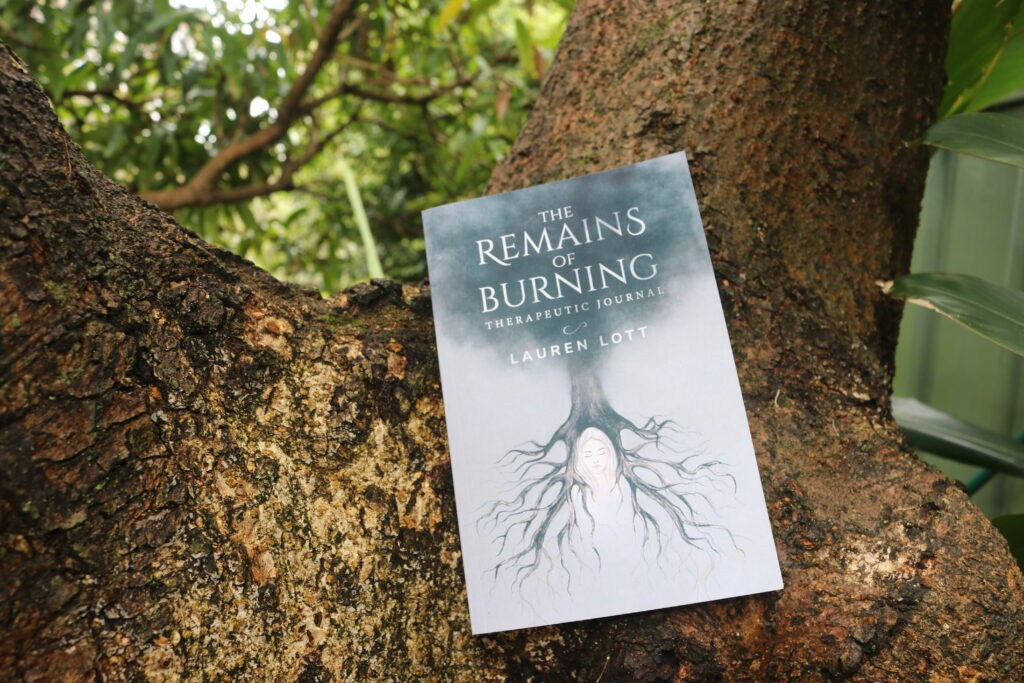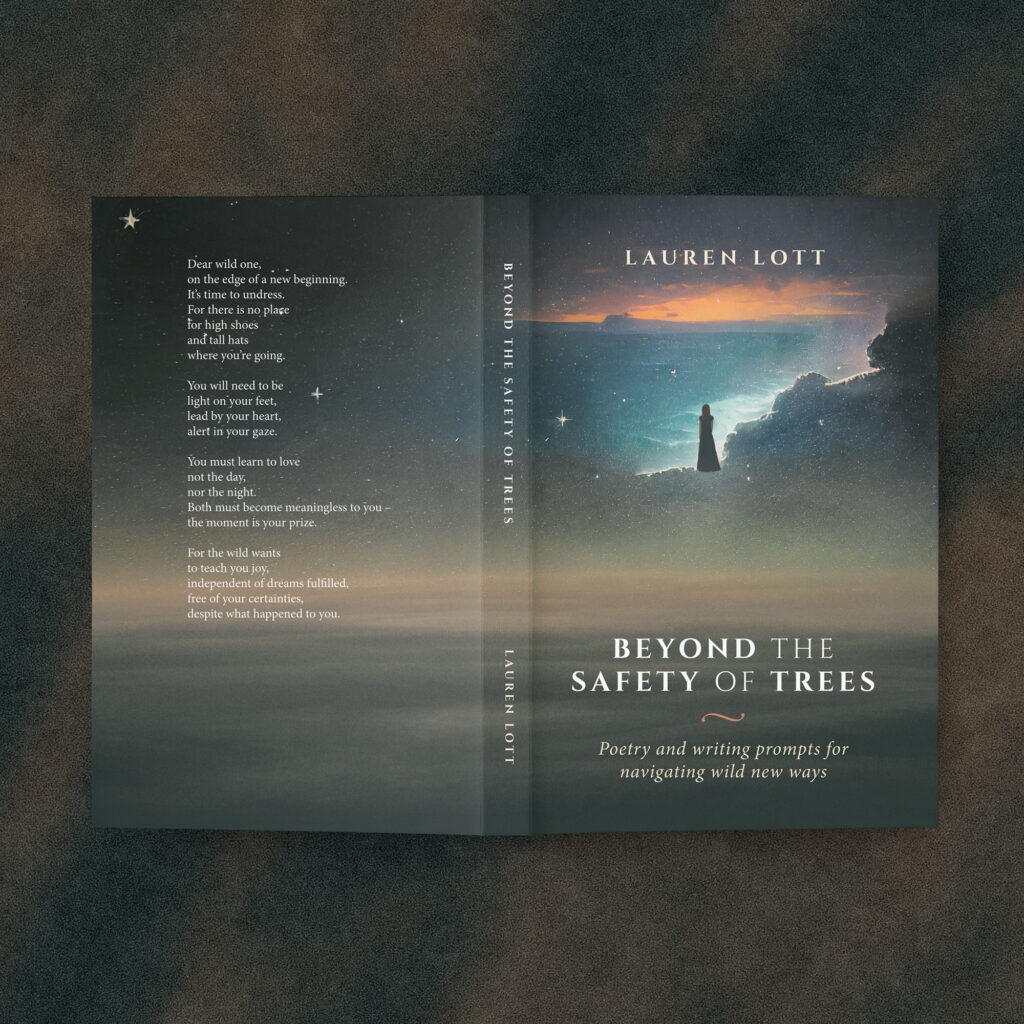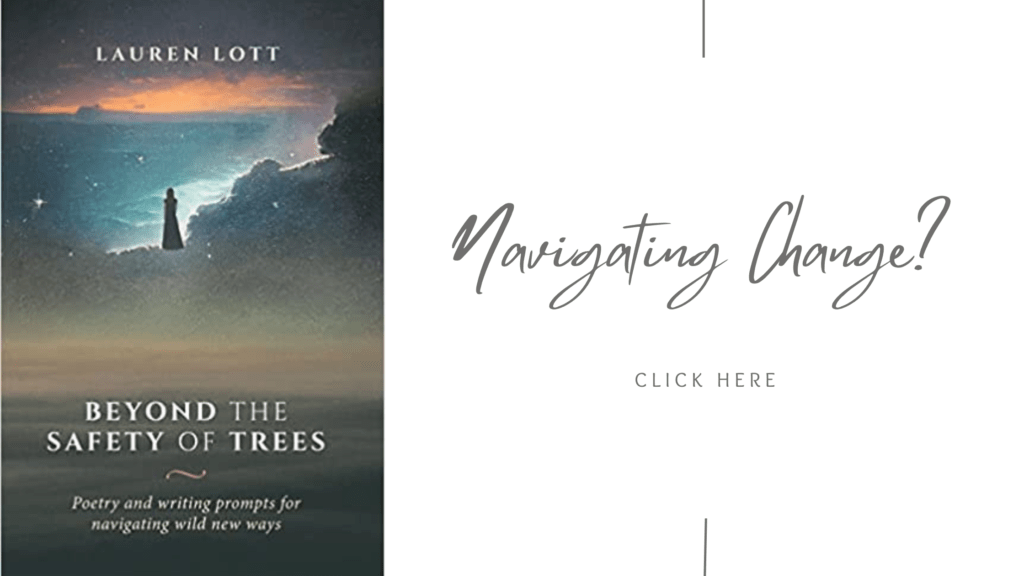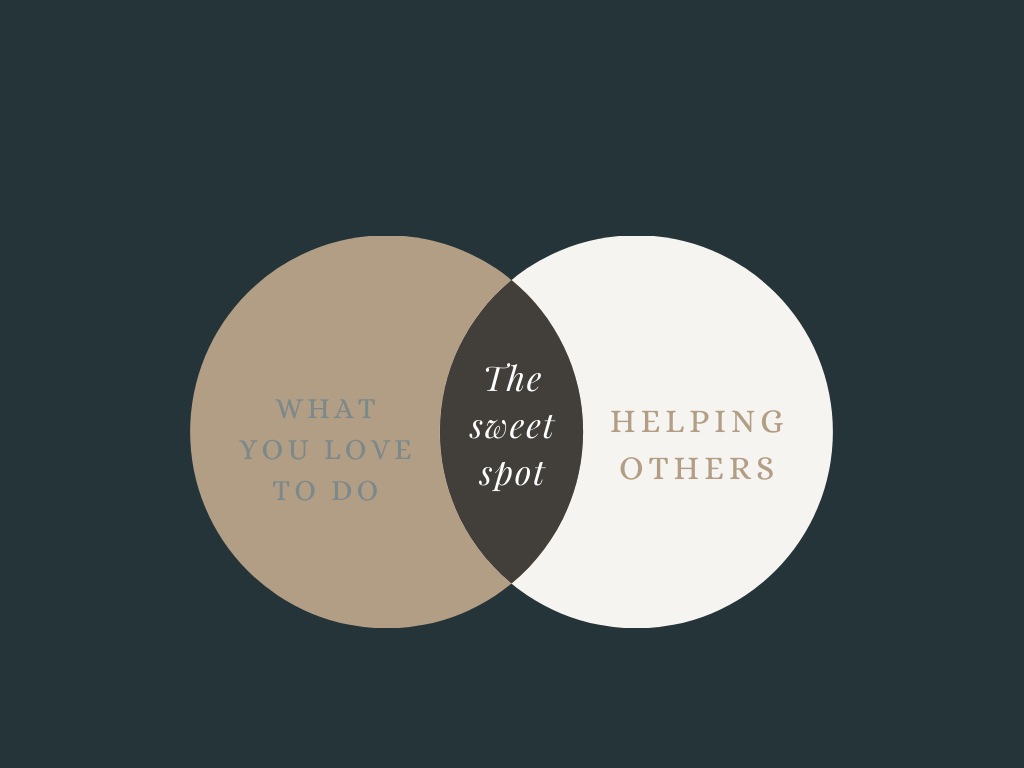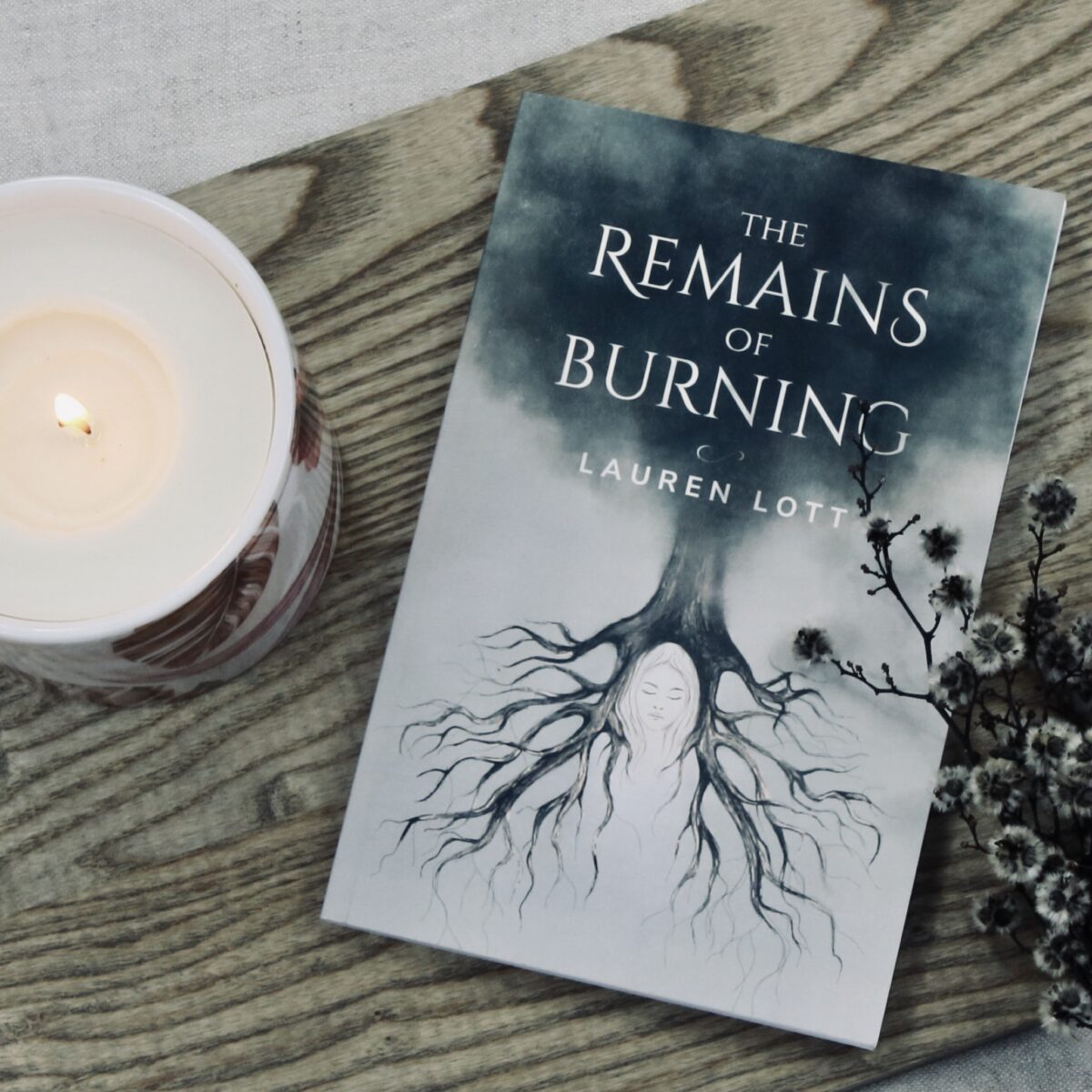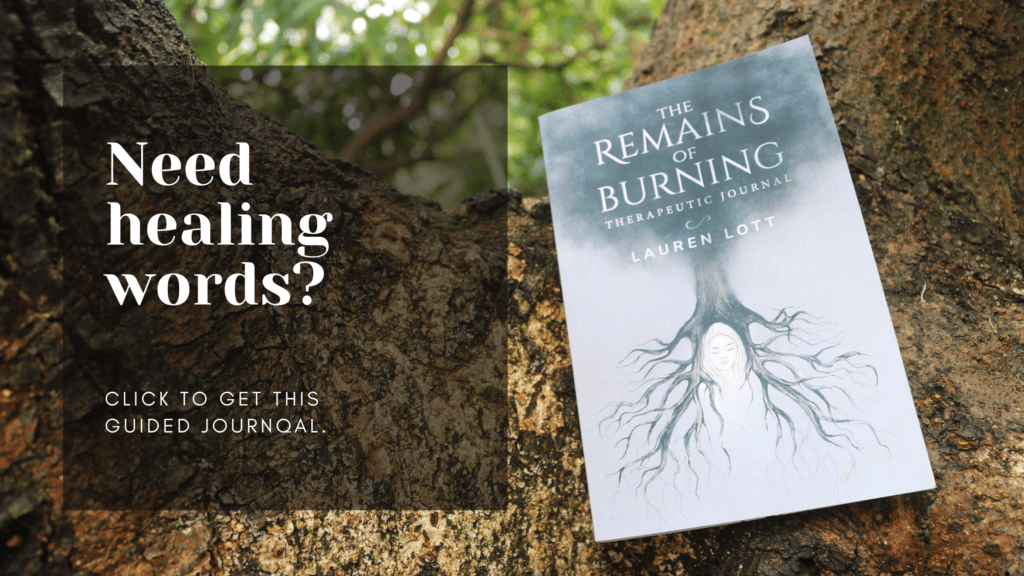This week marks five years since I made the decision to step away from church and end my involvement in church ministry. While the reasons for this are complex and not the focus of this post, I want to say that leaving my denomination was a crucial step for preserving my mental and emotional health. In the process I lost a part of myself, laid my way of life to rest and began the course of grieving my former self.
Recognizing the Grief of Self-Loss
Grieving who you used to be is a unique and often overlooked form of grief. This can be just as painful and confusing as any other type of loss. When I left the church, I left behind a significant part of my identity. That version of me was deeply entwined with my faith community, my roles, and my routines. Losing that meant I had to redefine who I am and what I believe.
When we lose a part of ourselves, the impact often ripples through various areas of our lives. We face not only a shift in our self-perception but also changes in relationships and our envisioned future. This loss can affect your finances and social life, among other aspects.
Allowing Yourself to Feel
The first step in navigating this kind of grief is allowing yourself to feel it fully. Don’t rush the process or try to ignore your feelings. Give yourself permission to mourn the person you used to be. For me, this began after I had grieved a significant relationship in my life. It was the grief that came after grief.
It’s okay to miss a former version of yourself and to feel a sense of loss. Acknowledge the impact that past self had on your life and understand that it’s natural to feel a range of emotions, from sadness to anger to confusion.
My past self was more trusting. She had an exuberance based on naivety. I often miss having her perspective.
Journaling Your Experience with a Therapeutic Tool
One effective way to aid in healing is through journaling. Using resources like my book, ‘The Remains of Burning: Therapeutic Journal,’ can provide structured prompts and exercises that guide you in expressing and processing these complex feelings.
Consider writing a letter to your former self as part of this practice. This method allows you to confront feelings directly, provide closure, and articulate your emotions, facilitating deep emotional healing.
Seeking Support
Just because this grief is personal doesn’t mean you have to go through it alone. Seek out support from friends, family, or a professional who can provide a listening ear and a safe space to express your feelings.
It’s important to note, not everyone will understand how and why you have changed. And to be honest, most will not even care. But finding one safe person who seeks to understand can be incredibly healing.
They don’t need to have all the answers; they just need to be there for you. I am fortunate enough to have a handful of hearts that acknowledge what I’ve been through and how it has changed me.
Reflecting on Your Changes
Write about what you’ve learned, how you’ve changed, and the positive aspects of your former self and what you’ve gained from that part of your life. This can help you appreciate the growth that has come from your loss.
Honour who you were, recognising that that person didn’t have what it takes to survive what they experienced. They did not know what you know now. They needed to morph into ‘you’ to cope with the current terrain. The new version of yourself is the one that will carry you into your future.
Embracing the New You
This process includes discovering new interests, forging new relationships, and establishing new goals. If this feels overwhelming, know that I understand. For a considerable time, after losing my former self, everything seemed underwhelming. Healing became my day job. I had to actively seek beauty just to experience emotion that counteracted my jadedness.
With time, I begin to recognise the small but significant opportunities that come with embracing the person I have become.
Finding Purpose
One of the most healing actions you can take is to find new purpose and meaning in your life. Craft a new vision, write it down, run with it.
This doesn’t mean you have to have everything figured out right away, but start exploring what brings you joy and fulfillment. Whether it’s a new hobby, a new career path, or a new community, finding something that gives you a sense of purpose can be incredibly empowering.
I’m the Same but Different.
Here’s a writing exercise that has been particularly helpful for me: In your journal, create two columns. In the first column, list all the traits you miss about your former self. In the second column, describe how these qualities manifest in your life today, perhaps in different forms but still providing value.
For instance, I used to cherish my sheer passion for life and my unshakeable belief in a bright future. After completing this exercise, I realised these traits now appear as gratitude and a strong sense of being present in my current life. Essentially, I’ve traded the intoxication of future-based pipe dreams for a profound appreciation of my current circumstances and what I have now.
Final Words
No matter how you have changed, the best thing about losing a version of yourself is the opportunity it creates for growth and reinvention. It’s a chance to shed limitations and explore new possibilities that align with who you are now.
There’s no question that the person I am today is braver, less judgmental, less controlling, and more empathetic. True, I may have lost a bit of vigor, and certain places, spaces, and faces don’t resonate as they once did. However, it’s growth, not grievances, that drives these changes—and I think that’s a truly beautiful thing.



